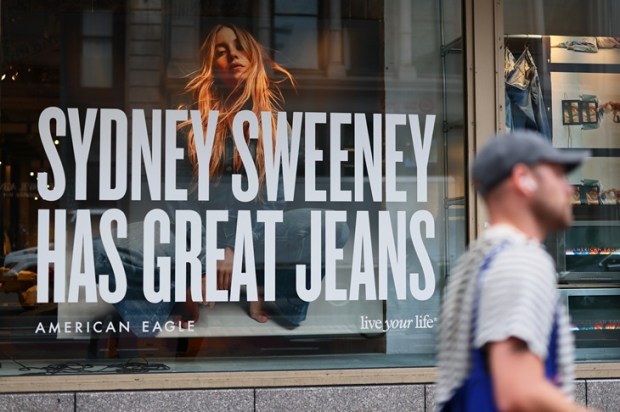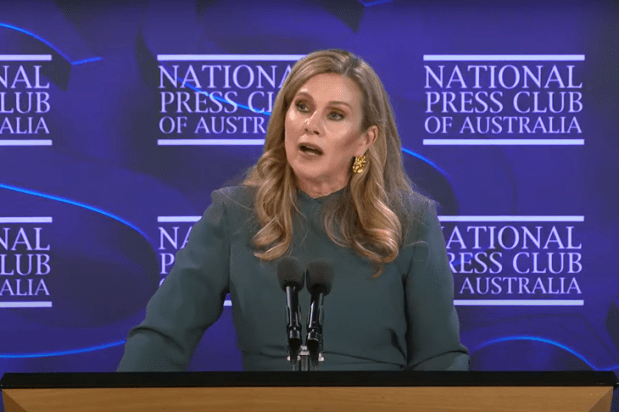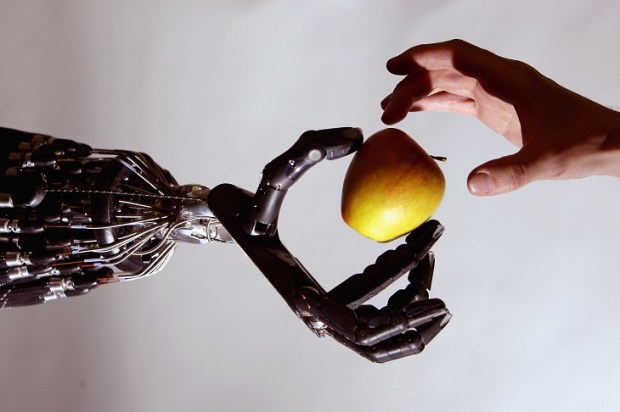Recent research suggests nearly nine in ten university students pretend to hold more progressive beliefs than they actually do.
While it is troubling that so many hide their authentic views, this statistic reveals a silver lining: independent thought survives beneath a surface of conformity.
To state the obvious, universities have become strongholds of progressive orthodoxy, but researchers at Northwestern University have added an extra dimension to our understanding.
The research exposes a phenomenon I call ‘left-acting’ where young people adopt ideological positions they don’t genuinely believe in to navigate social and academic pressures.
But what seems like harmless adaptation to survive comes at the cost of stifling authentic thought and atrophying critical thinking skills that build strong minds.
The scope of this deception is remarkable: 77 per cent privately reject the idea that gender identity should override biological sex in sports or healthcare, yet would never voice this publicly.
Seventy-three per cent don’t trust conversations with close friends about these topics, while nearly half routinely conceal beliefs in intimate relationships for fear of ideological fallout.
‘Students know something is wrong,’ write researchers Forest Romm and Kevin Waldman.
‘When given permission to speak freely, many described the experience of participating in our survey not as liberating, but as clarifying,’ they add.
I witnessed this dynamic firsthand a few years ago while studying at a major American university. A professor began the semester with a now commonplace ritual: ‘Introduce yourself with your name and pronouns.’
One by one, classmates complied, some eagerly, others with uneasy glances. When my turn came, I said, ‘Will Bennett,’ and stopped. The professor’s glare was instant, the silence deafening. I had broken the script.
Afterwards, several classmates approached me to say they regretted not doing the same.
These students weren’t bigots or troublemakers; they were simply exhausted by the performance, tired of virtue signalling beliefs they didn’t hold, and burying their authenticity out of fear of being ostracised.
This left-acting isn’t just harmless pandering, or evolutionary adaptation – it’s an opportunity cost to building moral courage and intellectual conviction.
Late adolescence is a formative and fleeting period for wrestling with ideas, forging values through uncomfortable conversations.
‘In shielding students from discomfort,’ Romm and Waldman argue, ‘they have also shielded them from discovery. The result is a generation confident in self-righteousness, but uncertain in self.’
Psychology explains why this conformity persists.
Experiments conducted by Solomon Asch in the 1950s showed that just one dissenter can reduce group conformity by three-quarters.
Similarly, revered political scientist Elisabeth Noelle-Neumann described how ‘spirals of silence’ form when people wrongly assume they’re alone in their views, known as ‘pluralistic ignorance’.
My concern is that the effects of campus conformity don’t end at graduation and risks spilling into wider public discourse, shaping how young people engage with contentious issues such as immigration, housing, and national identity.
A generation that learns to suppress its authentic voice in lecture halls will struggle to find it in voting booths, workplaces, and public discourse.
Consider Australia’s current immigration levels: with an annual average of 500,000 net overseas migrants joining a population of 27 million, young people’s concern about the capacity to integrate these people isn’t racist.
Yet activism often co-opts their authentic expression, demanding alignment with progressive causes that may not reflect their best interest.
Events like the March for Australia present an opportunity for those caught in left-acting patterns to break free and engage authentically with issues that matter to them, instead of self-censoring.
The antidote to left-acting is straightforward: more courage to speak up. Whether in classrooms, friend groups, or public debates, voicing authentic views creates permission for others to do the same.
As Asch’s research demonstrates, just one dissenting voice can shatter the illusion of unanimous agreement, emboldening others to break their silence.
In a Western democracy that champions free speech, the courage to think independently and speak truthfully isn’t just valuable, it’s essential.
Society needs fewer left-actors and more right-minded citizens.

























